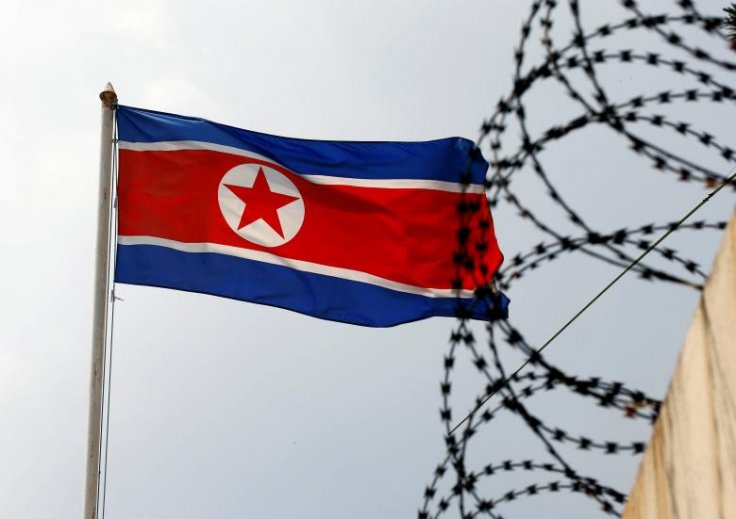A human rights expert of the United Nations raised concerns on Tuesday at 'widespread shortages of food and malnutrition' in North Korea, made worse by the nearly five-month closure of the border with China and the strict quarantine measures against the coronavirus or COVID-19.
Tomas Ojea Quintana, U.N. special rapporteur on human rights in the Democratic People's Republic of Korea, pressurized the U.N. Security Council for reconsidering the sanctions imposed on the country that remains isolated over the nuclear and missile programs, so as to ensure supply of food.
North Korea May Face Food Crisis

North Korea, where a famine in the mid-1990s is believed to have killed 3 million people, does not report COVID-19 cases to the World Health Organization. The pandemic has brought "drastic economic hardship" to North Korea, Ojea Quintana said, with a 90 percent fall in trade with China in March and April leading to lost incomes. Expressing concern about reports of an increase of homeless people in large cities and skyrocketing medicine prices, he said in a statement: "An increasing number of families eat only twice a day or eat only corn, and some are starving."
Ojea Quintana urged Pyongyang to allow humanitarian aid to be delivered "without restrictions". Operations have been suspended outside the capital, leaving vaccine stocks and other aid "stranded" at the border. He urged North Korea to free prisoners during the pandemic, citing accounts of prisoner deaths caused by hard work, lack of food, contagious diseases and overcrowding. Elisabeth Byrs, the spokeswoman for the U.N.'s World Food Programme, told reporters the humanitarian situation in North Korea remained "bleak".
More than 10 million people, or 40 percent of the population, need humanitarian aid, she said. The WFP hopes to reach 1.2 million people there with food rations this year. Byrs said widespread malnutrition had damaged the health and development of children - with one in five under the age of five stunted - as well as pregnant and nursing mothers.
(With agency inputs)








